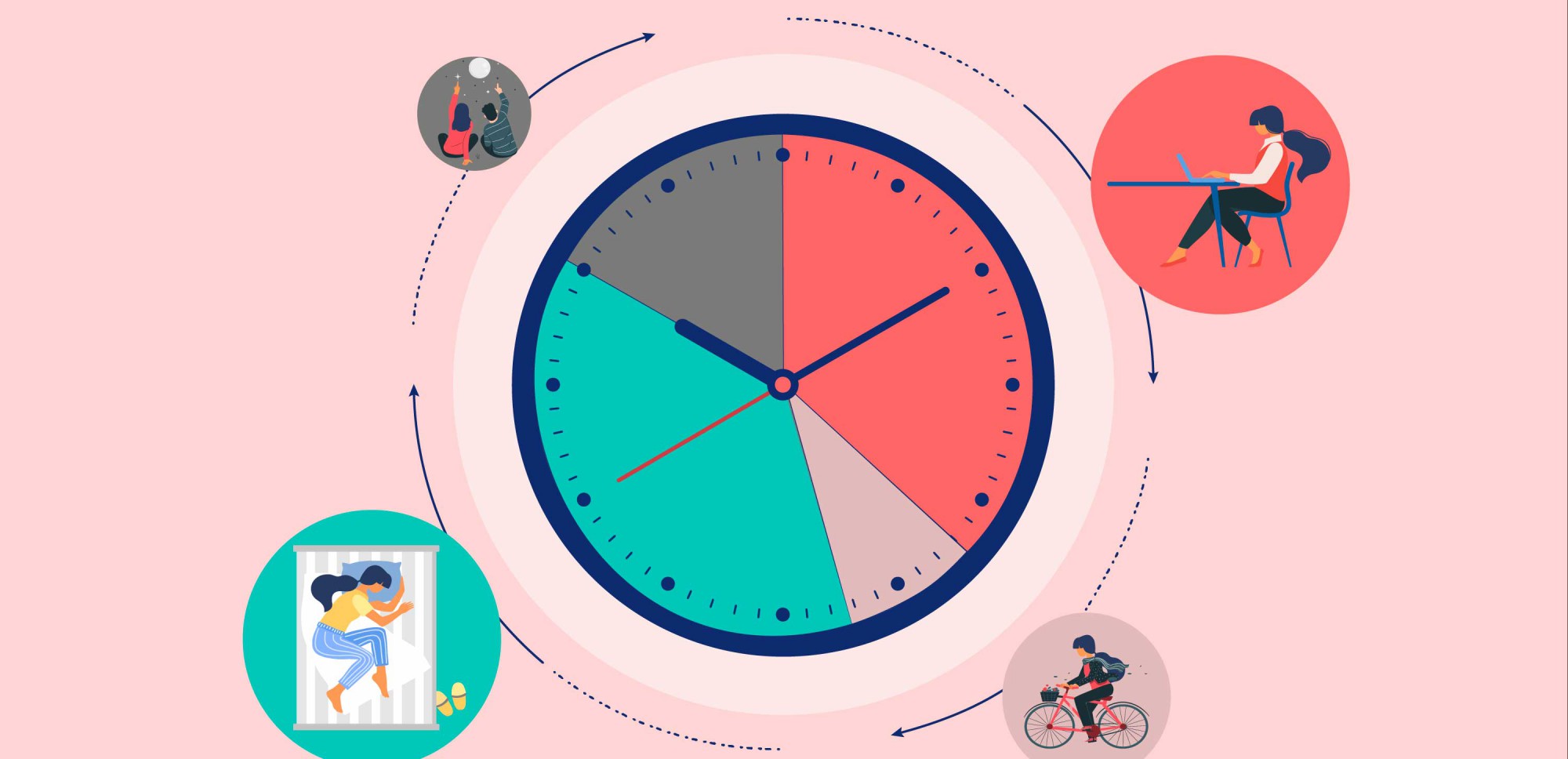The split shift that delays the time to switch off the computer, the insourcing of companies that involves the adjustment between different time zones, or the longer work schedule – with overtime hours standardised for just over 5% of the working population – have contributed to the fact that the working day as a whole exceeds one third of the 24 hours a day. Add to this the 8 hours on average dedicated to rest and the commute from home to work… There’s barely a quarter of the day left to have a personal life and socialise outside the professional environment. This is why the ‘afterwork’ has become so popular in the last decade, providing a new dimension where endogenous interactions can make up for exogenous socio-cultural deficiencies.
However, the pandemic has defused all social contact. It has confined it for the last 12 months and threatens to rationalise it in the short and medium term. Dosing personal relationships has been a social-health imperative and, although human beings are already showing signs of weariness, telecommuting will basically stay the same. Breaks or coffee breaks will catch you in your home office, on your way to the kitchen to start the coffee machine yourself, or waiting for the video call to start. Have we uncovered the importance of work in social life? So it seems.
New dynamics for socialising at work
An important part of social life at work used to take place in group dynamics. Exercises that have been lost along the way. A large part will be solved, mainly through video calls. And, partially, with fortnightly or monthly meetings in rented spaces with which to combat the Hercynian monotony. As long as the teams are based in the same city, that is. Because conventions and summits will be reduced to a minimum due to the complication and cost of logistical and sanitary arrangements.
The importance of social life at work: structuring the working day correctly
And here comes the problem. Not all minds are equally receptive to change and health ostracism. So it is important to establish a starting point in order to help these people reconcile their work and personal lives. Promoting assertiveness in their environment, understanding that there are many ways, and speeds, of dealing with the pandemic.
Thus, while some individuals feel comfortable being indoors, others are more prone to depressive and anxious episodes. The key in these cases is to structure the day on the basis of a rationalisation of schedules, with breaks for planning tasks and even including the deactivation of notifications as a way of encouraging a healthy lifestyle.

Workplace welfare and workers’ mental health was already a growing concern in companies, but the new hierarchy of priorities dictated by the pandemic has put it at the centre of the agenda. Social networks are often the preferred escape valves in these processes, being, in turn, the most direct mailbox to send them signs of support and understanding in the face of a problem that 39% of affected workers try to hide for fear of losing their jobs.
Mental fatigue triggers errors on the job
With regard to the human aspect, the Mental Health Report, presented by QBE Insurance Group and drawn up by Opinium, identifies uncertainty, teleworking and new ways of operating as the main causes of discomfort in the workforce. Emotional states that, without being a diagnosed pathology, already affect one in four Spanish workers. This figure rises to 35% in the case of employees aged between 18 and 34, as opposed to 16% in the case of those over 55.
And economically, depression and anxiety cost the global economy $1 trillion in lost productivity each year, according to the World Health Organisation. The same QBE report states that 17% of Spanish workers admit to having made mistakes at work due to the state of their mental health.
Given the importance of work in social life, it’s therefore necessary to rethink guidelines and adapt synergies. Offering all possible tools to the workforce to overcome the situations of aggressiveness, loneliness and anguish they have experienced as a result of being isolated. Promoting wellness initiatives for their staff while restructuring synergies in order to work as a team again and avoid leadership crises, which will become more and more frequent in the coming years. We did not realise the importance of work in social life until March 2020.
Sources: Idealista ,RRHH Digital ,Rtve.es


